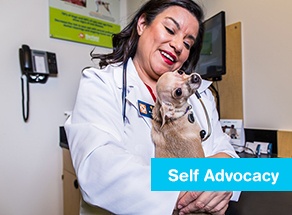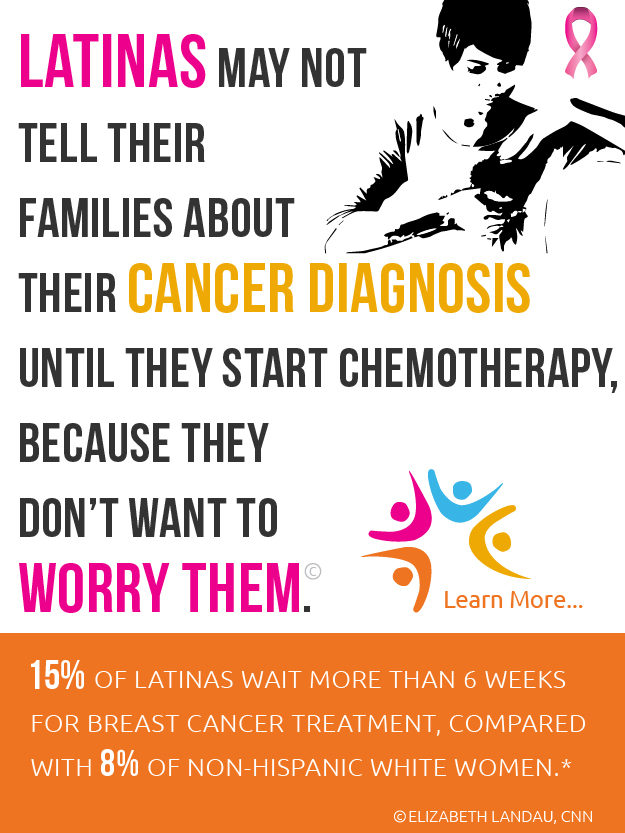Parenting
The Pandemic and Childhood Weight Gain
31/03/2021 06:00am | 4355 viewsThere’s plenty of talk of the COVID 20—meaning the extra weight that adults are putting on during the pandemic. But what about children? Even before the pandemic, the percentage of American children who have overweight or obesity—defined as body mass index (BMI) being in the 85th to 95th percentiles for children of the same age and sex—was startingly high, and early evidence is suggesting the pandemic may make matters even worse.
Healthcare Disparities
Black, Hispanic Or Latinx Adults Twice As Likely To Report Worse Covid-19 Access
28/03/2021 06:00am | 3120 viewsBlack and Hispanic or Latinx individuals in the United States are twice as likely as white individuals to say their access to COVID-19 treatments, vaccines and health care is worse than other racial or ethnic groups, an online poll found.
Personalized Care
Don’T Overlook Preventive Care During Covid-19 Pandemic
25/03/2021 06:00am | 3002 viewsAs Covid-19 continues to surge throughout our region and nation, another concerning trend has appeared in Western New York – decreased engagement in preventive care.
Lifestyle
Viruses, vaccinations and evolving science
22/02/2021 06:00am | 3360 viewsBy Joanna Gale
Every day there’s a new COVID-19 science story in the news – sometimes several. It’s hardly surprising. We’re facing the first modern pandemic and we’re desperate to learn more about the microscopic demon we’re battling. There have been quite a few COVID headlines about pets and other animals; whether they can catch the virus, spread it or even become ill from it. The most recent story is a group of scientists forecasting that cats and dogs may need to be vaccinated against COVID-19 in the future. It’s just a theory at present; currently veterinary and human health experts agree that animals don’t seem to play an important role in the transmission of the SARS-CoV-2 virus to humans. That’s welcome news for all those who share their lives with pets.
Personalized Care
Black and Hispanic Americans turn to doctors who look like them for reassurance on vaccinations.
19/01/2021 06:00am | 3181 viewsBy Gina Kolata
Denese Rankin, a 55-year-old retired bookkeeper and receptionist in Castleberry, Ala., did not want the Covid-19 vaccine. Her opinion toward the vaccine was like many Black, rural Americans: The vaccine had come about too quickly to be safe.








